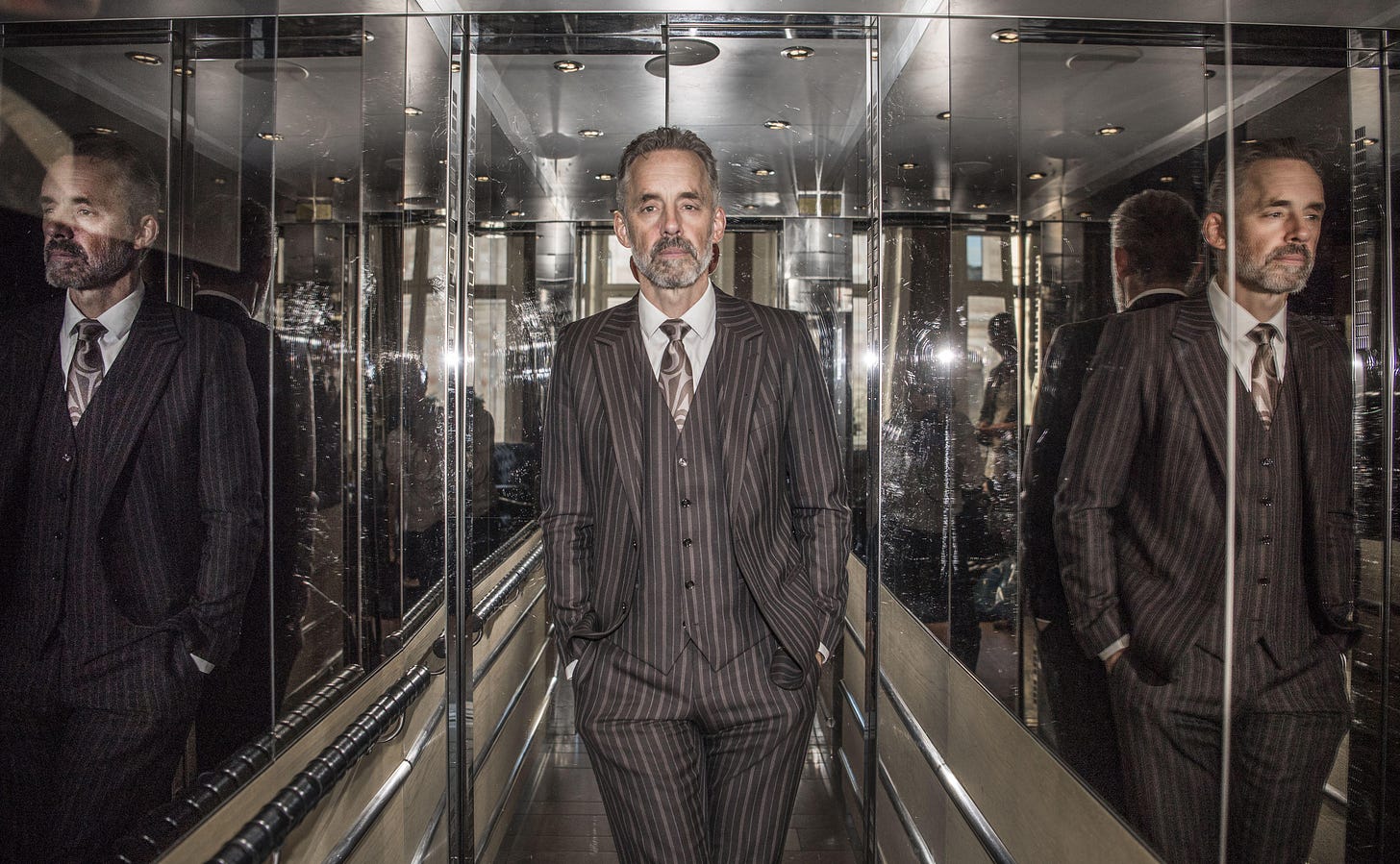A Response to Jordan Peterson
The distinguished psychologist is wrong about the politics of the university.
The Canadian psychologist Jordan Peterson is perhaps the most famous academic dissident in the world, having made his reputation opposing the ideological corruption of the universities. And yet, when considering practical reforms, he is stricken with doubt.
In a recent episode of his podcast, Peterson hailed me as a “very effective counter-propagandist” …



